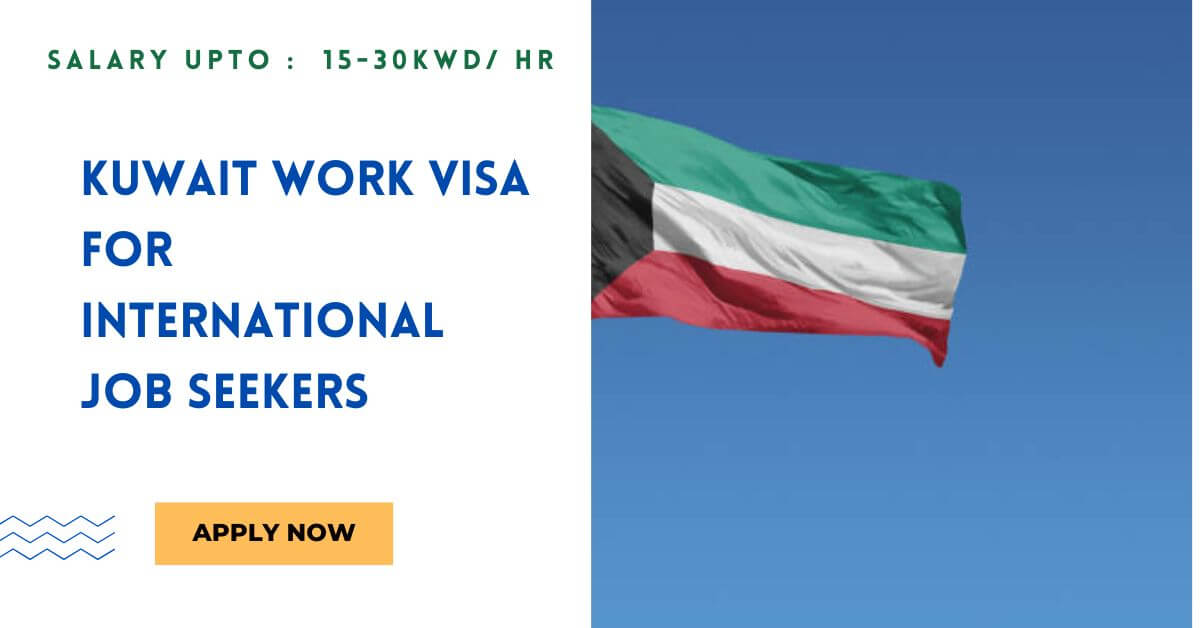Jobs in Italy With Work VISA 2025 – Apply Now
Italy provides a plethora of employment opportunities for skilled professionals, international laborers, and recent graduates in a variety of sectors. A job offer is a critical component of obtaining an Italian work visa, as it allows the employer to commence the visa application procedure.
Although this may appear to be a daunting task, this article facilitates the process for international job seekers. It delineates the process of locating employment openings in Italy and provides guidance on selecting the appropriate work visa, thereby rendering the entire process more manageable and accessible.
Check Also: Jobs in Italy for Foreigners with Visa Sponsorship
Steps to Land Employment in Italy:
The general stages to secure a job in Italy and apply for a work and residence permit in 2025 are outlined below:
- Secure a Job Offer from Italy: The initial and most critical stage is to obtain a job offer from an Italian employer. This is essential for the application of both the Italian work permit and the work visa.
- Apply for a work permit. This permit, which is referred to as “Nulla Osta al lavoro,” must be submitted by your employer on your behalf.
- Apply for a work visa at the Italian Embassy. Once you have received a job offer and the work permit has been approved, you may submit an application for an Italy Work Visa at the Italian representation in your country of origin.
- Enter Italy and Apply for a Residence Permit: Enter Italy and submit an application for a residence permit. Upon arrival in Italy, it is necessary to apply for a residence permit to legally remain and work in the country.
Documents for Application:
- A copy of the work contract that you have executed.
- Passport resume with a cover letter.
- credentials and experience
- Evidence of lodging in Italy.
- Police character and physical health and fitness certifications
- Evidence of adequate financial resources.
- Acceptance of the visa fee that has been paid.
- Diplomas, degrees, or other pertinent credentials.
Benefits:
- Cultural Experience: Italy is renowned for its diverse history, art, and culture. Working there offers the chance to experience a distinctive lifestyle, investigate historic sites, and become fully immersed in a vibrant culture.
- Quality of Life: Italy is renowned for its exceptional quality of life, which is characterized by a strong emphasis on work-life balance. The Italian lifestyle frequently emphasizes the importance of family, relaxation, and the enjoyment of fine cuisine and wine.
- Healthcare: Residents, including those on work visas, have access to a high-quality healthcare system in Italy. The public healthcare system is highly regarded and provides a wide range of services.
- Travel Opportunities: Italy’s central location in Europe serves as an excellent starting point for travel. You have the opportunity to explore a variety of cultures and environments by traveling to other European countries.
- Language Skills: Working in Italy offers the opportunity to enhance or acquire Italian, a skill that can be beneficial in both personal and professional contexts.
- Networking Opportunities: The business environment in Italy provides opportunities to connect with professionals from a variety of industries. This can be advantageous for the establishment of international connections and the advancement of one’s career.
- Work Benefits: The benefits you receive may vary depending on the job and employer, including paid vacation, sick leave, and other privileges that are indicative of Italian employment.
- Education and Training: Italy is home to numerous reputable educational institutions and training programs. Access to additional education and professional development opportunities may be available through employment there.
- Cost of Living: Although certain cities in Italy may be costly, others provide a more reasonable cost of living. This may prove advantageous contingent upon one’s geographic location.
- Legal Protections: As an employee in Italy, you are entitled to legal protections and privileges under Italian labor laws, such as safe working conditions, fair wages, and non-discrimination.
Application Process:
1. Finding a Job in Italy:
Search for employment opportunities that align with your qualifications and abilities. The demand for skilled workers in a variety of sectors is considerable in Italy. In particular, the demand for skilled laborers in Italy is anticipated to rise at the beginning of 2025, with substantial opportunities in both the private and public sectors.
2. Job Search Platforms:
The following are some of the most effective platforms for non-EU job seekers to locate employment opportunities in Italy:
- CEDEFOP Skill Mismatch occupation list for Italy (Skill Shortage Professions in Italy)
- The local (jobs.thelocal.com)
- Adzuna (www.adzuna.it)
- LavoroTurismo (www.lavoroturismo.it)
- Jobsinmilan (www.jobsinmilan.com)
- Expatjobs (italy.xpatjobs.com)
- Careerjet (www.careerjet.it)
- Cliccalavoro (www.cliccalavoro.it)
- LinkedIn Italy (www.linkedin.com)
- Amazon.jobs (www.amazon.jobs)
- Indeed (www.indeed.com)
- Glassdoor (www.glassdoor.com)
- Graduateland (graduateland.com).
In-Demand Jobs in Italy As Per CEDEFOP Report:
Information technology, data management, HR, sales, marketing, creative and design, customer service, healthcare, teaching, tourism, management, and skilled trades are among the most sought-after occupations.
Frequently Asked Questions:
How do I get a job offer from Italy?
You will find that the job application process in Italy is similar to that in other EU countries. If selected, you will submit your resume and attend an interview. Depending on the industry, you may need a skills exam.
How much does Italy pay per hour?
Average hourly gross pay for employee jobs in Italy, 2011–2019 The statistic shows the average hourly gross salary for employee jobs in Italy from 2011 to 2019. According to data, the average hourly pay increased from 15.9 euros in 2011 to 17.2 euros in 2019. 31
Who is eligible to work in Italy?
Any employees who are not EU, EEA, or Swiss citizens will need an Italian work visa called a Nulla Osta. Italy classifies a work visa as a long-stay visa, also known as a national or D-Visa. It’s important to note that an Italian work visa simply allows employees to enter the country.









